Marthanda Varma’s Regret and Redemption
In the aftermath of his triumphant annexation of Kayamkulam, Maharaja Marthanda Varma believed his dominion over Kerala was all but assured. Yet, as his ambitions turned north toward the watery realms of Thekkumkoor, Vadakkumkoor, Elayadathu Swaroopam, and Chempakassery—kingdoms cradled around the vast Vembanad Lake—he found his progress stymied by an enemy no less formidable than armies of steel: the swampy, water-logged terrain that surrounded these principalities.
A Kingdom Stalled
The conquests Marthanda Varma had planned—so swift and decisive elsewhere—became bogged down, quite literally, in the marshlands and backwaters of central Kerala. The conventional tactics that had served him so well on open fields faltered in these amphibious zones. Soldiers unaccustomed to the shifting mud and dense reeds found themselves mired, their horses panicking in waist-deep water. Pontoons and rafts, hastily constructed, could not match the cunning and knowledge of the native defenders who darted through the lagoons and canals with ease.
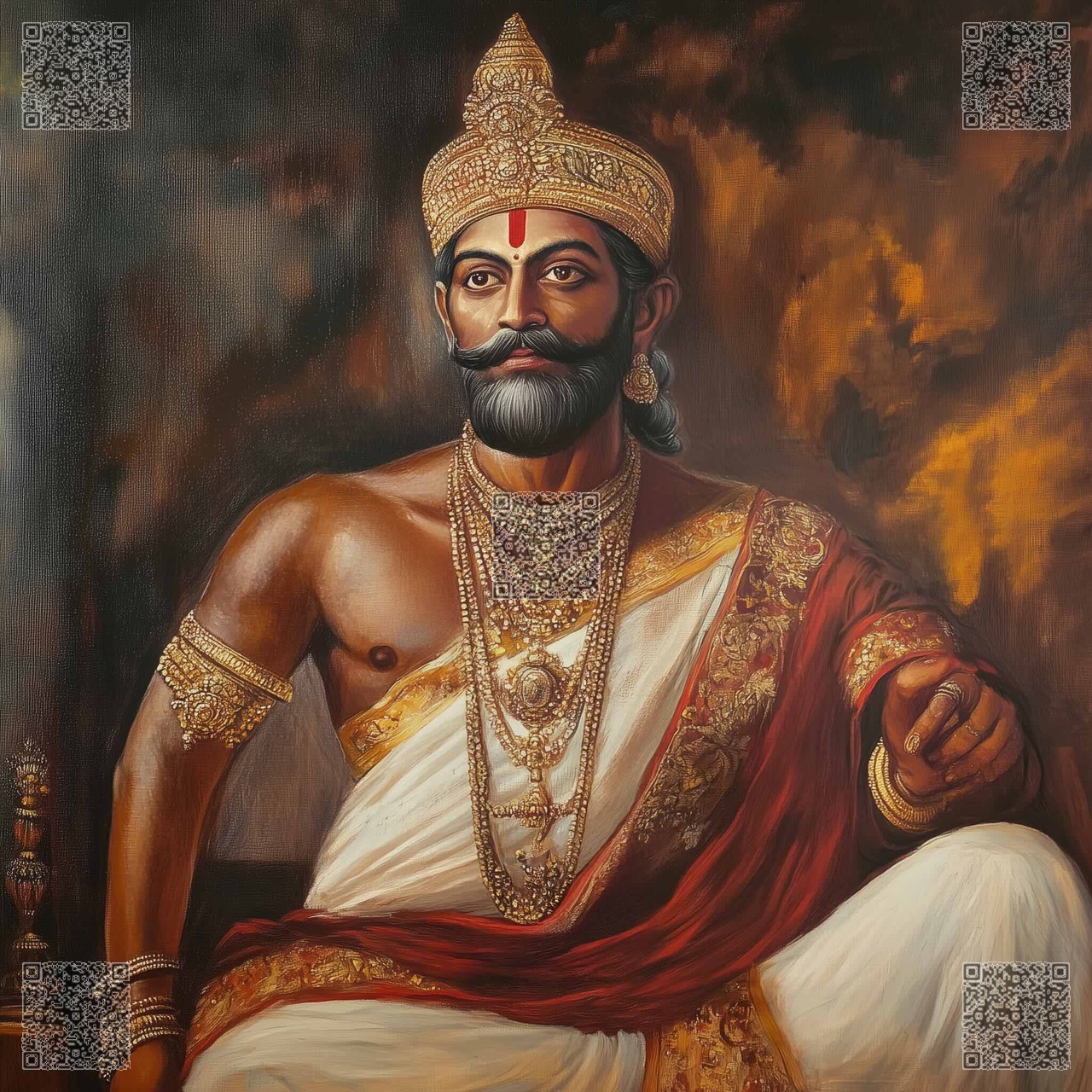
As Marthanda Varma’s campaigns stalled, an unsettling realization dawned on him: his most formidable amphibious fighters—the very ones who could have led his forces through treacherous waterways—were none other than the Alummoottil warriors he had forcibly decommissioned. With their kalaris shuttered and their masters scattered, the specialized training needed for expeditionary and riverine combat had vanished from his ranks.
A Regret Takes Shape
Each failed skirmish, each bogged-down battalion, weighed heavily on the king’s conscience. He recalled how the Alummoottil chieftains once trained soldiers not merely for cavalry charges, but also for fording streams and navigating Kerala’s wetlands. The same warriors whose spirit he had disarmed now held the key to his greatest challenge. Rumors reached him that remnants of the Alummoottil lineage continued to practice in secret, preserving not just swordplay and archery, but also the subtle arts of moving as confidently in water as on land.
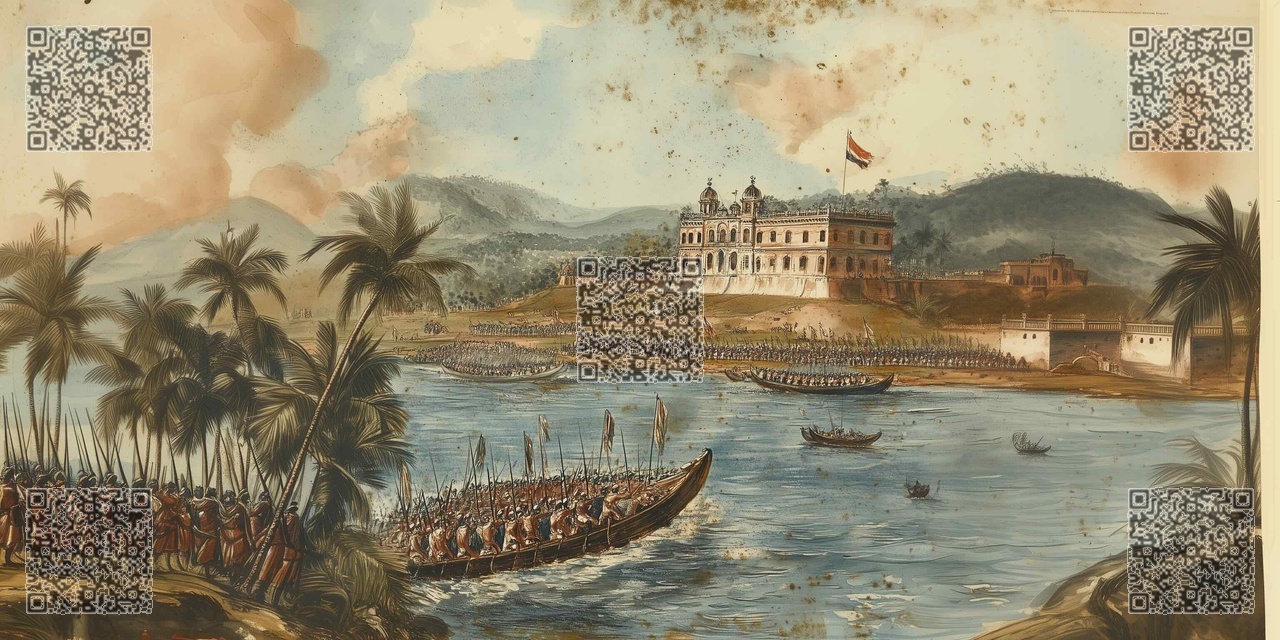
Swallowing his pride, Marthanda Varma summoned trusted advisors to discuss a possible reconciliation. They cautioned him that the Alummoottil chieftains were proud, their loyalty fractured by the humiliations they had endured. Yet the king’s resolve was firm. He dispatched an envoy to the once-grand halls of Alummoottil with a message that bore both regret and a plea: “Return to my side. Together, let us chart the waters of Vembanad.”
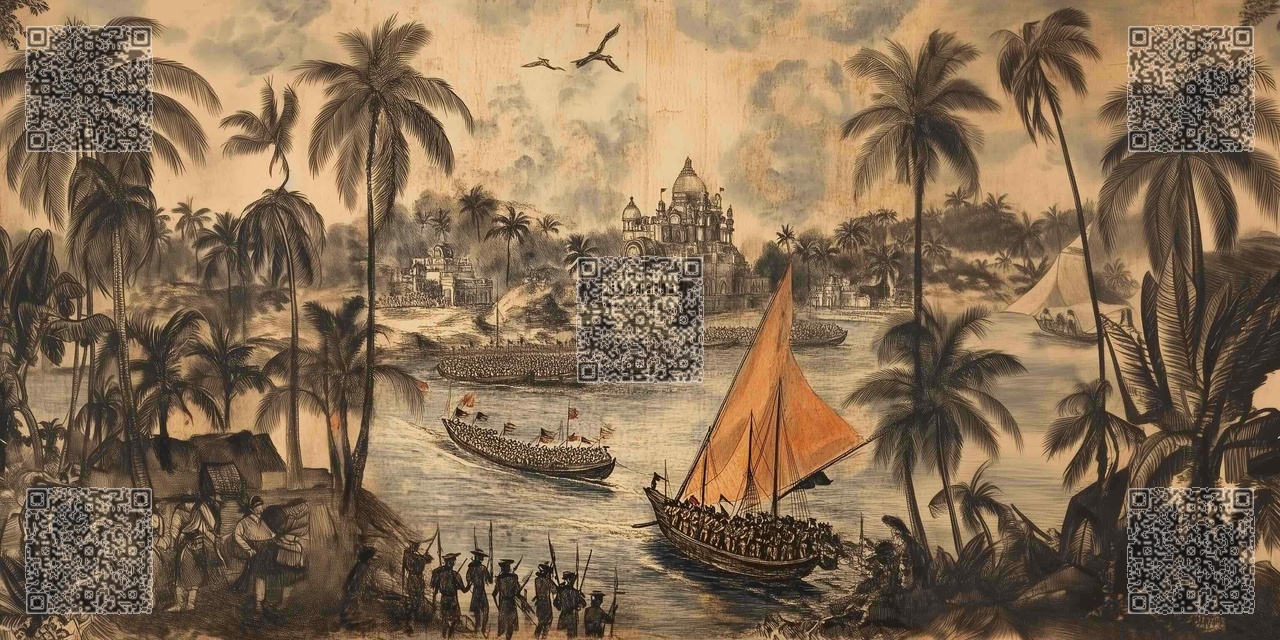
A Return to Honor
For days, the king’s emissaries waited. When the Alummoottil patriarch and his kin finally emerged, their demeanor was guarded, but their eyes held a spark that refused to be extinguished. Before Marthanda Varma, they demanded assurances that their ancestral rights and martial honors would be restored—kalaris reopened, arms returned, titles reinstated. The proud Alummoottil leader reminded the Maharaja of his earlier edict: “We are warriors without a kingdom, cast aside like broken weapons.”
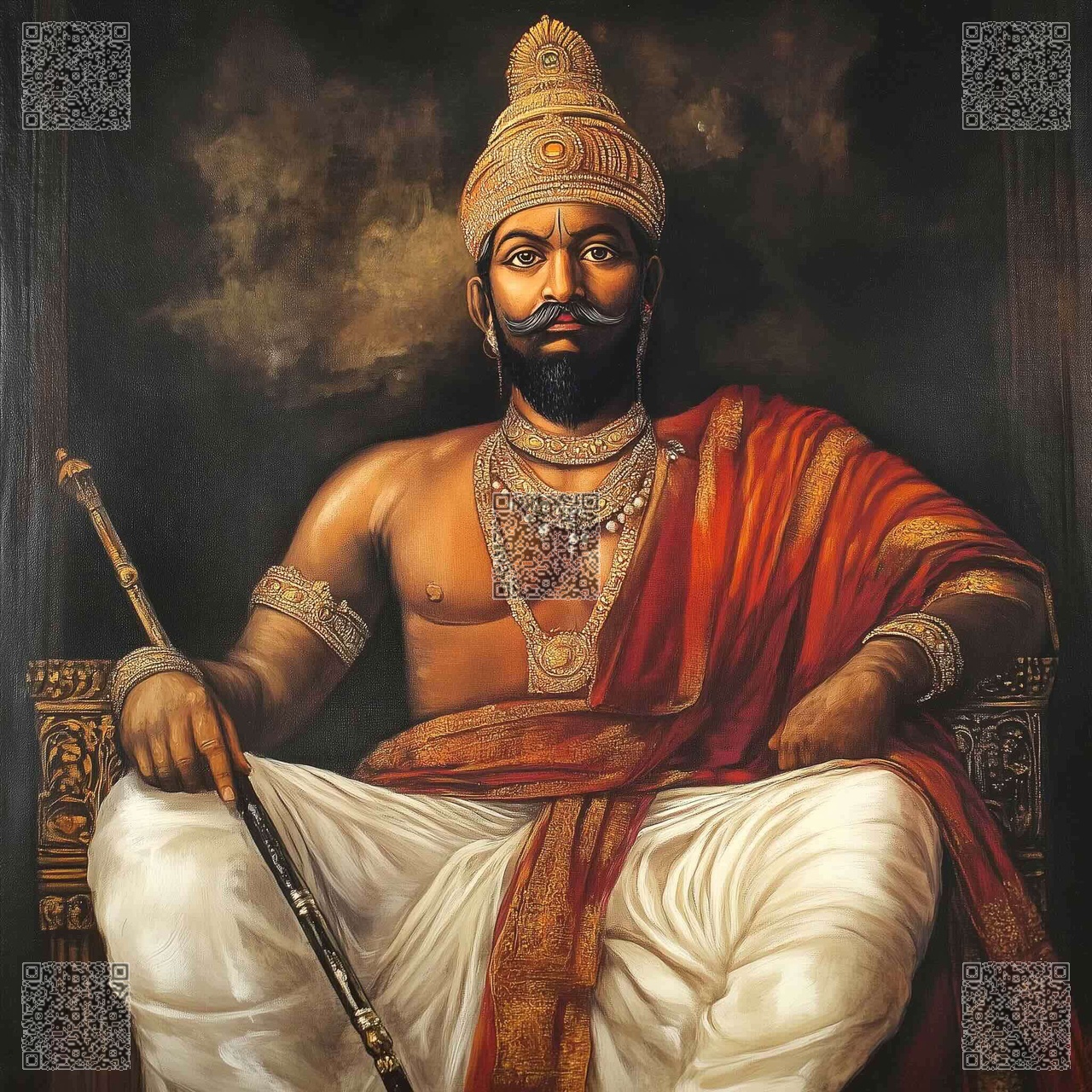
Marthanda Varma, to his credit, acknowledged his misjudgment. In a solemn ceremony at Kayamkulam’s ancestral grounds, he reversed his decree. The battered swords, spears, and shields—once taken from Alummoottil—were ceremonially returned, or forged anew. Kalaris that had been reduced to rubble were ordered rebuilt, and the chieftains were recognized once more as protectors of the realm.
Alliance on the Waters
With their honor restored, the Alummoottil warriors took command of training the king’s marines. In the marshes and backwaters around Vembanad, they drilled new recruits day and night, teaching them to navigate canoes through narrow channels, to fight effectively in knee-deep water, and to move silently through the reeds. Young soldiers learned to combine the Alummoottil discipline with the might of Travancore’s arms, forging a new amphibious corps that was unrivaled in all of Kerala.
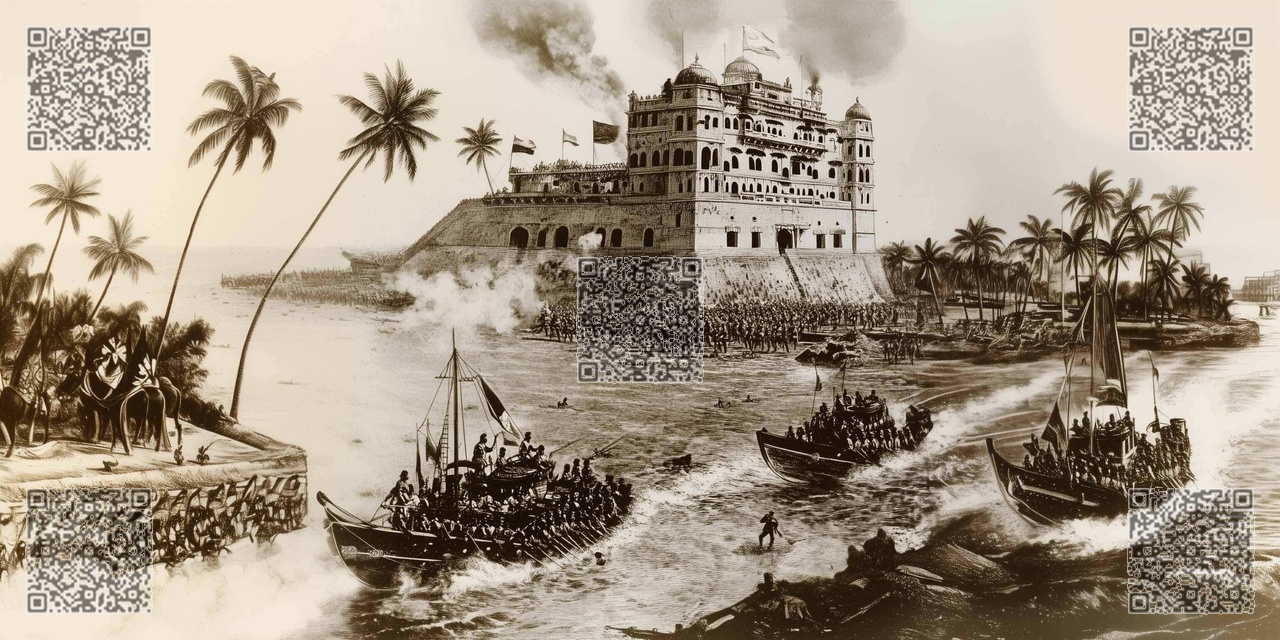
The transformation was swift. Armies that once floundered in muddy shallows were now adept at launching surprise raids under cover of mist, landing on riverbanks with minimal sound, and striking fear into the hearts of any who defied Travancore. The kingdoms of Thekkumkoor, Vadakkumkoor, Elayadathu Swaroopam, and Chempakassery—unaccustomed to such coordinated amphibious aggression—fell in succession. The once-impenetrable swamps and lakes became highways for Marthanda Varma’s renewed campaign of unification.
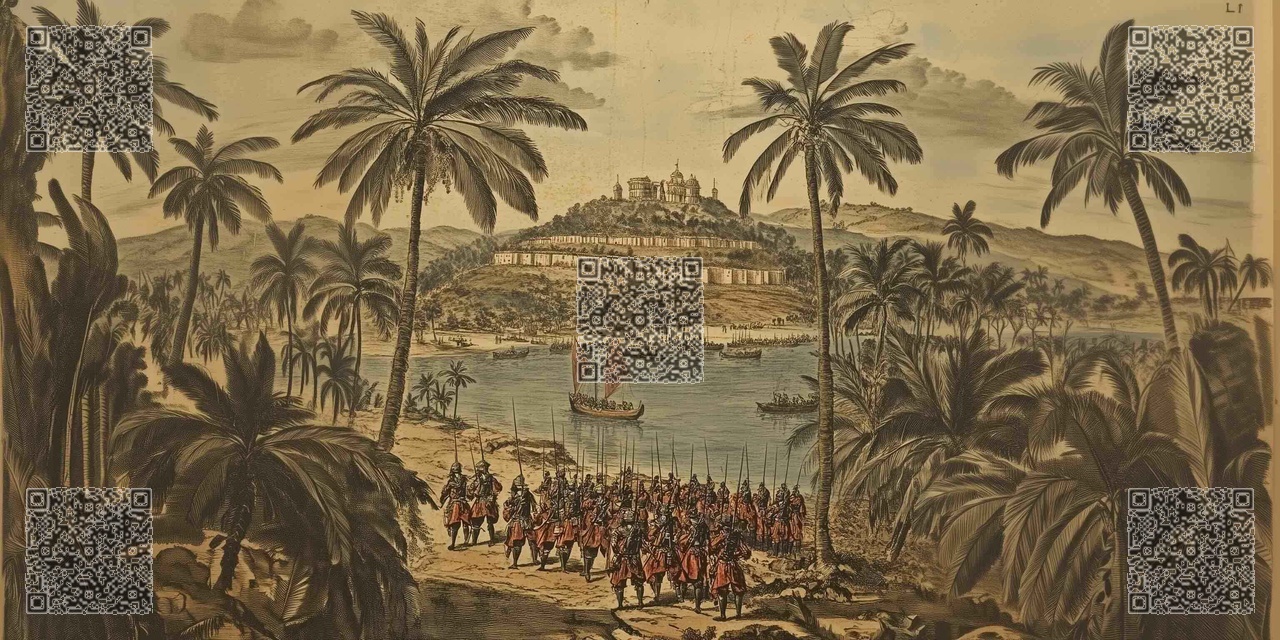
Epilogue: The Warrior and the King
In the grand palace of Travancore, Marthanda Varma hosted a victory celebration. Representatives from across Kerala feasted under the same roof, symbolizing the new unity of the land. At the king’s side stood the Alummoottil chieftains, no longer stripped of rank or pride, but reinstated as masters of their kalaris, guardians of a storied martial tradition, and essential architects of the campaign’s triumph.
In a rare moment of candor, Marthanda Varma lifted his cup in a toast to the Alummoottil patriarch: “Had I known how quickly the tides can turn against a king, I would never have dismantled your kalaris. Let this stand as a lesson to us all: Kerala’s strength lies in unity, and the spirit of warriors can never be truly broken.”
Thus, from the ashes of defeat rose a partnership that would shape the destiny of Travancore, forever weaving the Alummoottil name into the tapestry of Kerala’s storied past.



